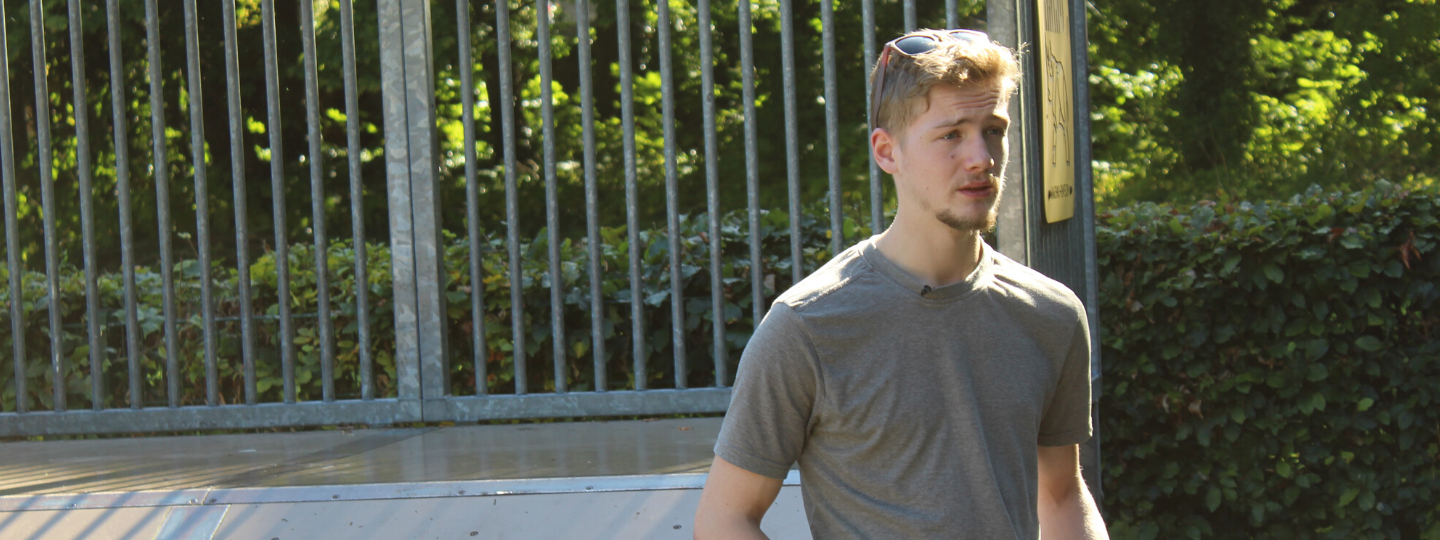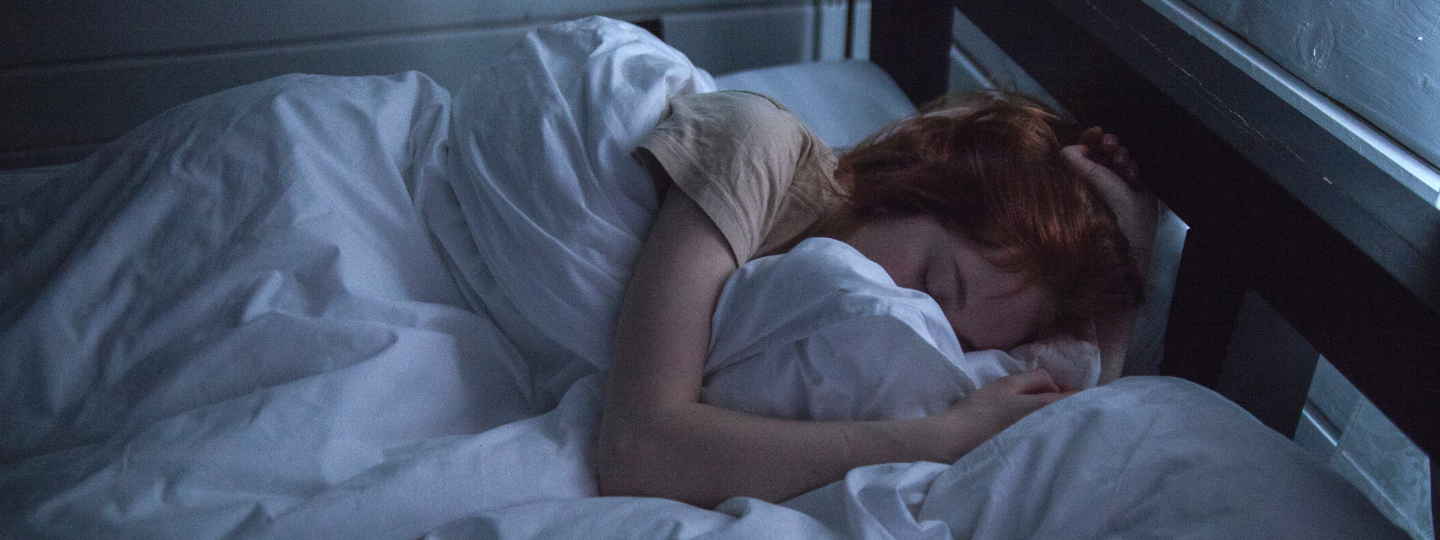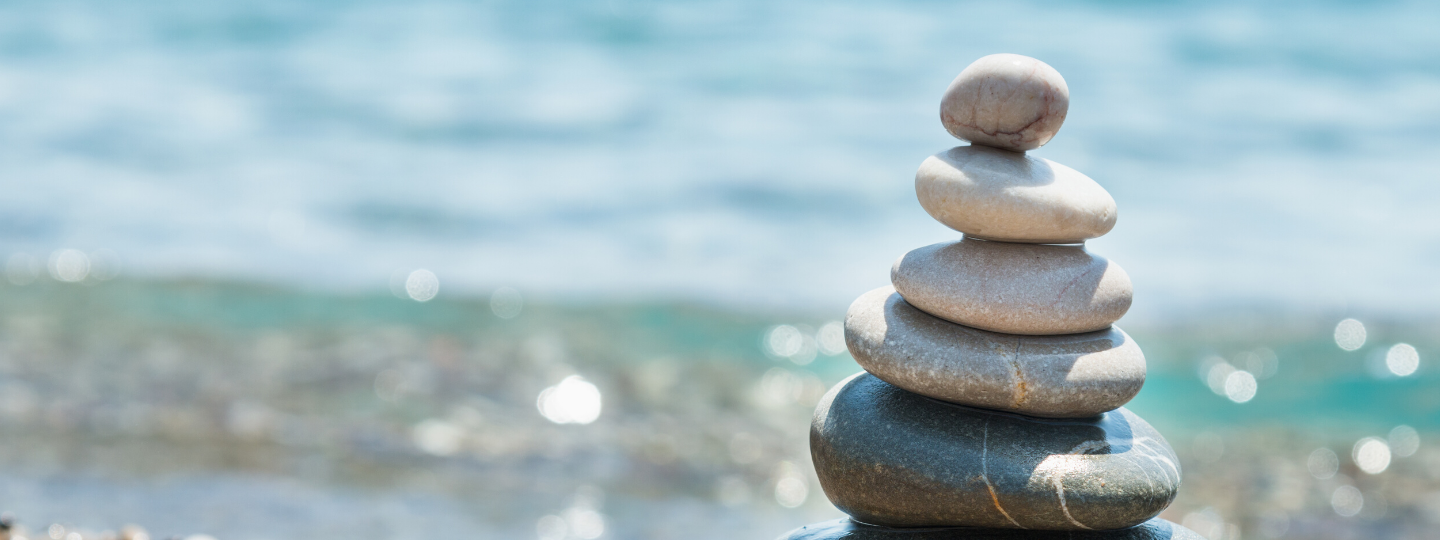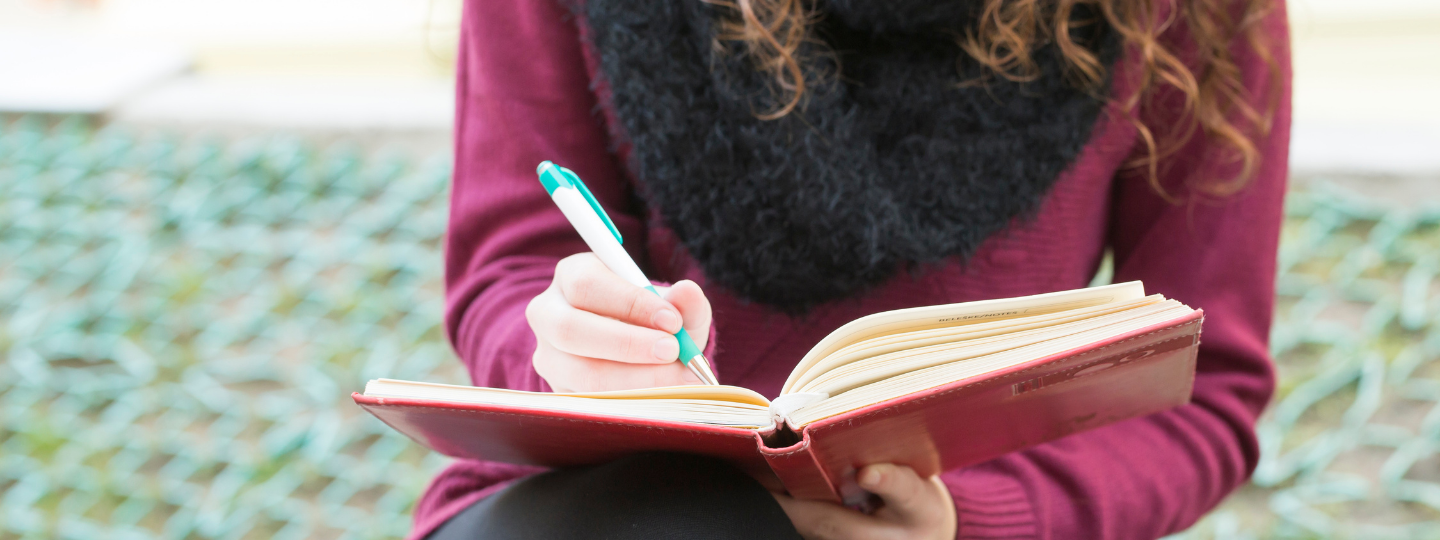Sarah* contacted Jigsaw about four months before her Leaving Cert exams. She had been feeling anxious for a while, but in the last few weeks she’d had two panic attacks.
Her main worry was that she’d get a panic attack in an exam. “I have to get rid of this anxiety now”, she told the clinician, “before my mocks”.
Identifying triggers for stress
Sarah’s clinician wanted to know more about the anxiety and panic attacks. When did they happen? Was there a trigger? They discovered Sarah’s panic attacks happened just after Sarah’s teachers mentioned study plans or expected study hours in class.
When her history teacher said, “you all should have covered this section in your revision plan already”, Sarah felt her heart beating fast and chest getting tight. She rushed to the toilet because she felt she couldn’t breathe. She barely remembers the rest of the day.
The Jigsaw clinician helped Sarah realise her panic attacks were connected to worries she was too far behind on study. She thought she’d never be able to catch up.
This connected to deeper worries of failing her exams, being unable to get into college or ever getting a job. That would lead her to be a “complete failure” in life. The clinician asked her to step back, look at the facts and be realistic about what could happen. They discussed strategies for managing exam stress.
Together they looked at Sarah’s schedule. The clinician asked Sarah to draw out her weekly calendar. She coloured in the hours she spent studying as blue, with different colours for other activities. When she was finished, Sarah’s waking hours were almost completely blue.









